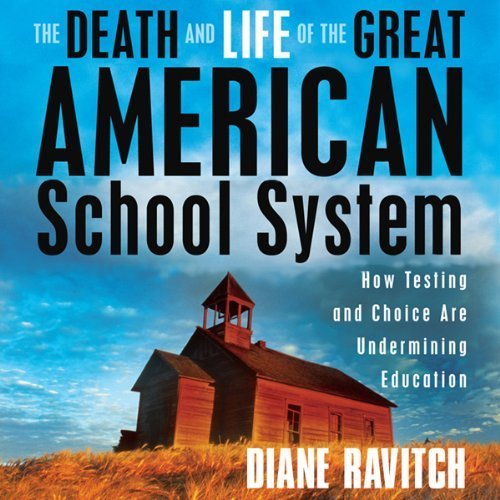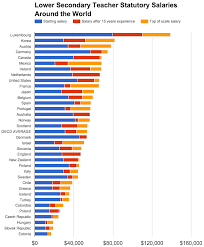
When I was in the fifth grade, my class was learning the 50 United States of America and their capitals. We even learned a song of the states in alphabetical order, that I can still recite 98% correctly today (the “M” states always tend to get jumbled). While my teacher was helping us review for the big test, I raised my hand and asked “Why are we learning this?”
My teacher was shocked by my question, but she replied that we should know the place where we live and take pride in our country. I agreed that knowing the names of the 50 states was important for some nationalistic purpose, but why also the State Capitals. She suggested that maybe I would need to know the capital if I decided to travel there one day. I told her that the likelihood of me visiting St. Paul, Minnesota was ‘slim to none’. She continued the review as if I had no further comment.
The American Public School System has been failing for a long time now. With the Bush Administration’s “No Child Left Behind” and Obama’s “Race to the Top Initiative” there have been no significant changes made to better the education system in my lifetime. It’s been lost in competition strategies with no actual positive output.
One of my favorite writers on the topic is Diane Ravitch (http://dianeravitch.com/). She wrote many great books about educational policy and culture. In The Death and Life of the Great American School System: How Testing and Choice Are Undermining Education she describes how education evolved over history and how High-Stakes Achievement Rankings are losing sight of actually teaching us anything at all.

Last week, teachers across the United States led walkouts in the ‘Red for Ed’ movement. They have finally had enough of these unrealistic expectations, as budgets get slashed each school year. Teachers are never paid enough, unless they work in Europe.

I recently read an article by Charles Chu titled “Rethinking Education: Is Education a Waste of Time & Money?” He says that it is generally acknowledged that “more education is a good thing, because more education equals economic prosperity.” But then he goes on to state “there is little evidence” to support this claim.
So, how does education need to change to be more productive for our world economy? Surely, there is no easy answer, and the more complex it gets, the less likely there will be real change.
This is a good post on a great topic. It is a hotly debated concept at every level of public education in nearly every part of the world that has public education. My own thought is that education should provide a foundation in the important subjects like math, science, language, writing, and history/social studies. This foundation will be used by students to pursue their choices in what is important. Instead, we focus too much energy in education on non-issues. Thanks for sharing this. I enjoyed reading it and I'm adding the book to my reading list. I found you through the #payitforward contest. You were featured by @soyjohancy. Congratulations and best wishes.
Hello @phoebeglen.
I chosed your post to promote it in the @thedarkhorse contest - Pay It Forward Curation Contest (Week 5) Because I think that your blog has quality content.
You can see my post Click here
You are welcome to this platform .. Good Luck.
If education worked so well, why would most companies need to have their own "classes" to teach the graduates how it is done in the real world. Education System was broken a long time ago.
in America you guys have hopes over here in Nigeria we havent seen the money not to talk of the budget.
Congratulations @phoebeglen! You have completed some achievement on Steemit and have been rewarded with new badge(s) :
Click on any badge to view your own Board of Honor on SteemitBoard.
For more information about SteemitBoard, click here
If you no longer want to receive notifications, reply to this comment with the word
STOPTeachers are not blameless.
I must disagree: "testing and choice" is not undermining education, but the system and status quo, it does, to some minor extent.